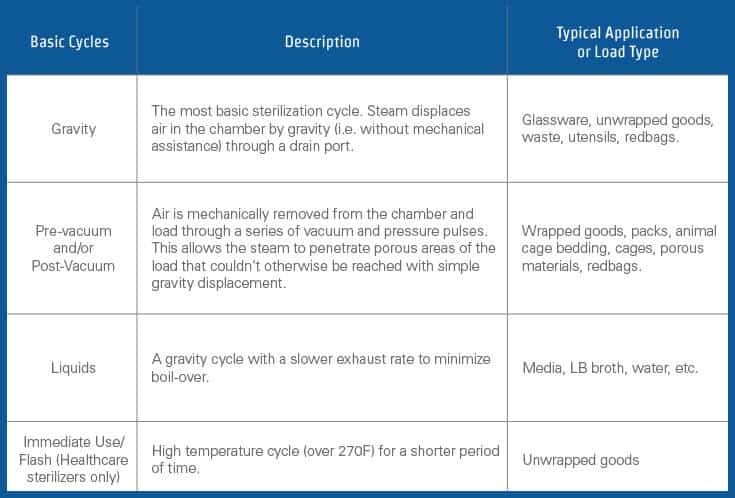The world has witnessed many incidents due to boilover in floating roof storage tank.
Floating roof storage tank boilover.
A boilover incident occurred in amoco refinery at milford haven.
Boilover is considered one of the most dangerous fires in large scale oil tank.
Fires involving petroleum storage tanks are far more common than one might think.
From the very name you may understand that these tanks are designed with a roof that floats on top of the liquid.
The roof rises and falls with the liquid level in the tank.
This floating roof moves up and.
Floating roof storage tanks.
On 30th of august 1983 a fire incident occurred in 78 m diameter floating roof crude oil storage tank.
Lng liquefied natural gas tanks.
In principle this eliminates tank breathing loss and greatly reduces the evaporative lo.
During the next 12 h the floating roof lost structural integrity and sank into the crude oil lead to the multiple boilovers.
It consists of an open topped cylindrical steel shell equipped with a roof that floats on the surface of the stored liquid.
An external floating roof tank is a storage tank commonly used to store large quantities of petroleum products such as crude oil or condensate.
Floating roof tanks frts are especially susceptible to lightning.
Variable vapor space tanks 8.
Careful consideration should be given to the design and placement of the seals and shunts to reduce the risk of ignition.
Floating roof tanks should be electrically grounded to the main tank shell bouquegneau 2007.
A 256 foot diameter floating roof storage tank containing light north sea crude ignited.
Let s have a quick look at what are the two most common types of storage tanks.
Boilover is a violent ejection of certain liquid hydrocarbons due to prolonged burning during a storage tank fire.
Types of tanks commonly used to store liquids include.
As with internal floating roofs these tanks have.
External floating rood tanks 3.
It happens due to vaporization of the water sub layer that commonly resides at the base of a storage tank resulting in the ejection of hot fuel from the tank enormous fire enlargement formation of a fireball and an extensive ground fire.
Approximately one third of all tank fires are known to be caused by lightning several more are most likely due to lightning but never reported.
Domed external floating roof tanks 5.
As opposed to a fixed roof tank there is no vapor space in the floating roof tank.
Within 13 hours the tank boiled over threatening the surrounding firefighters.
Internal floating roof tanks 4.
Floating roof tanks and open top external floating roof tanks is the presence of the fixed roof above to protect it from the atmosphere.

